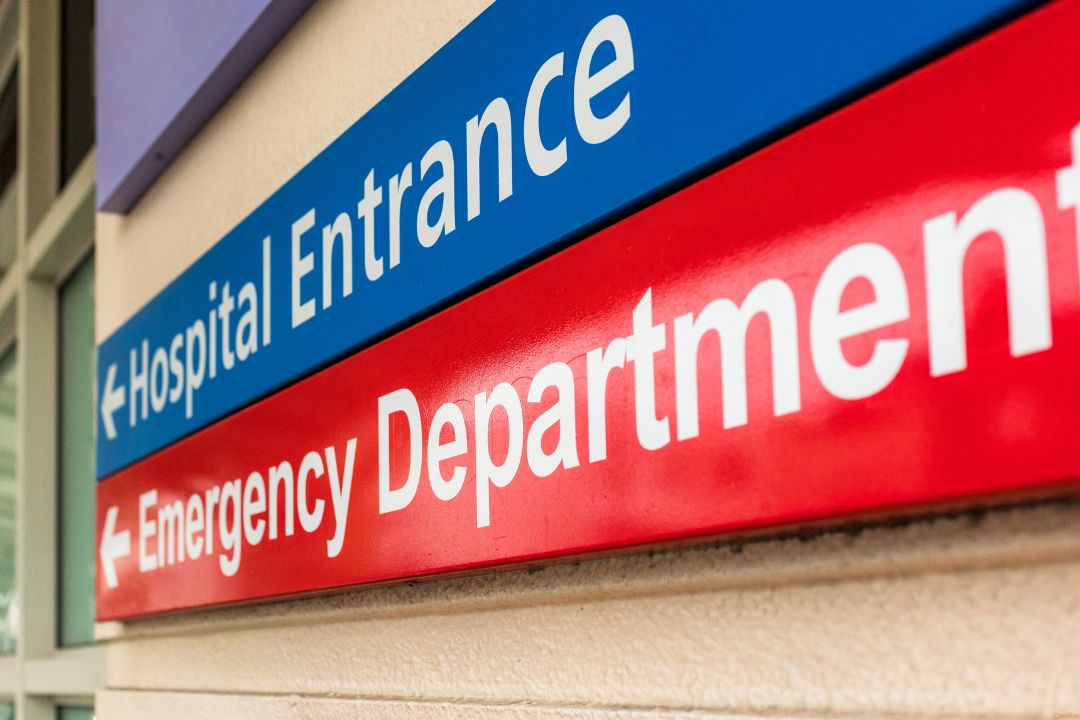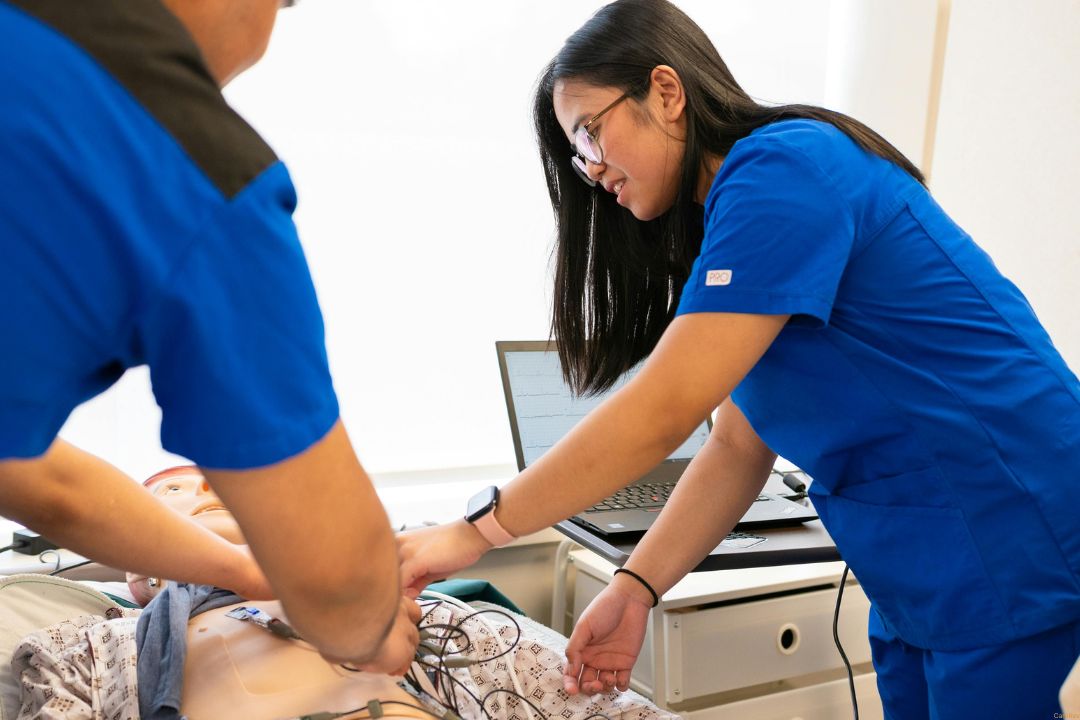
In the realm of healthcare, every patient, regardless of age, deserves the highest quality of care. Pediatric Advanced Life Support (PALS) Certification for nurses is a specialized credential designed to equip healthcare professionals with the knowledge and skills needed to provide lifesaving care to children during critical situations. Below we will explore what a PALS Certification for nurses entails, its significance in healthcare, the benefits it offers, how to obtain it, and the meaning behind the acronym PALS.
What is PALS Certification for nurses?
PALS Certification for nurses is a specialized credential that focuses on the assessment and management of pediatric patients in critical situations. This certification program is recognized internationally and is designed to ensure that healthcare professionals can respond effectively to pediatric emergencies, such as cardiac arrest or severe respiratory distress.
What does PALS Certification stand for?
PALS stands for Pediatric Advanced Life Support. It represents a comprehensive training program that equips healthcare providers with the skills and knowledge needed to manage critical pediatric emergencies. PALS encompasses various aspects of pediatric care, including resuscitation, medication administration, and effective communication within the healthcare team.
Benefits of PALS Certification
- Advanced Pediatric Care: PALS Certification equips nurses with the specialized knowledge and skills required to provide advanced care to pediatric patients during critical situations.
- Improved Patient Outcomes: Timely and effective interventions learned through PALS training can significantly improve patient outcomes, reducing the risk of complications or fatalities.
- Increased Confidence: Certified nurses report feeling more confident in their ability to handle pediatric emergencies, leading to quicker and more effective responses.
- Professional Recognition: PALS Certification demonstrates a nurse's commitment to providing high-quality care to pediatric patients, earning them respect among peers and healthcare organizations.
- Career Advancement: Many healthcare institutions prioritize PALS Certification for their staff, opening doors to specialized roles in pediatric units or emergency departments.
- Enhanced Communication: PALS training emphasizes effective communication and teamwork, ensuring that healthcare providers can work seamlessly during critical pediatric cases.
How to get PALS Certification for nurses
Obtaining PALS Certification for nurses involves several key steps:
- Eligibility: Ensure you meet the eligibility requirements set by the certifying organization, such as the American Heart Association (AHA) or the American Red Cross. Typically, you need to be a licensed healthcare provider.
- Choose a Certification Provider: Select a reputable PALS certification provider, such as the AHA or the Red Cross. These organizations offer PALS courses, which are available in person and online to accommodate various learning preferences.
- Complete the Course: Enroll in the PALS course, which covers essential pediatric resuscitation skills, algorithms, and scenarios. The course includes both didactic and hands-on training.
- Pass the Exam: After completing the course, you'll need to pass a PALS certification exam. The exam assesses your knowledge and practical skills related to pediatric emergencies.
- Receive Your Certification: Upon successfully passing the exam, you'll receive your PALS certification, typically valid for two years. To maintain certification, you'll need to renew it by taking a refresher course and passing the exam again.
Is PALS Certification right for you?
Pediatric patients require specialized care during critical situations, and PALS Certification for nurses plays a pivotal role in ensuring their well-being. This certification equips nurses with the knowledge and skills needed to provide timely and effective care to children in emergencies.
The benefits of PALS Certification extend beyond individual professional growth, as it ultimately leads to improved patient outcomes and the assurance that pediatric patients receive the highest quality care possible. For nurses dedicated to making a difference in the lives of young patients and their families, PALS Certification is a valuable investment in their skills and the well-being of those they serve.
Looking to explore more nursing certification options? Check out our Nursing Certifications blog to learn about some of the most popular certifications in the nursing field today.





